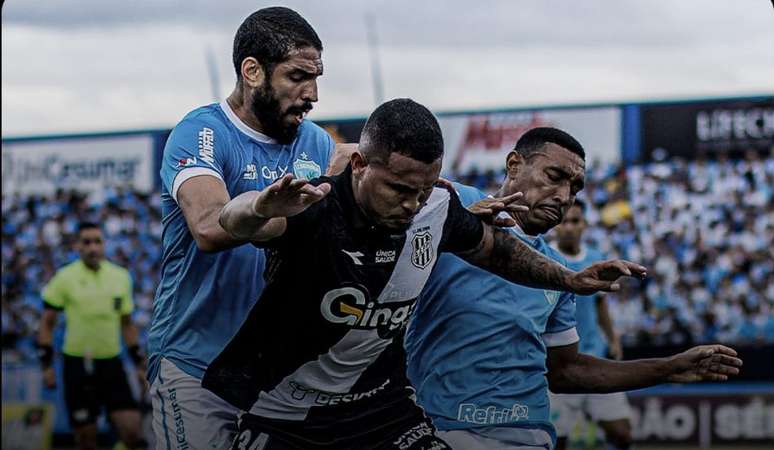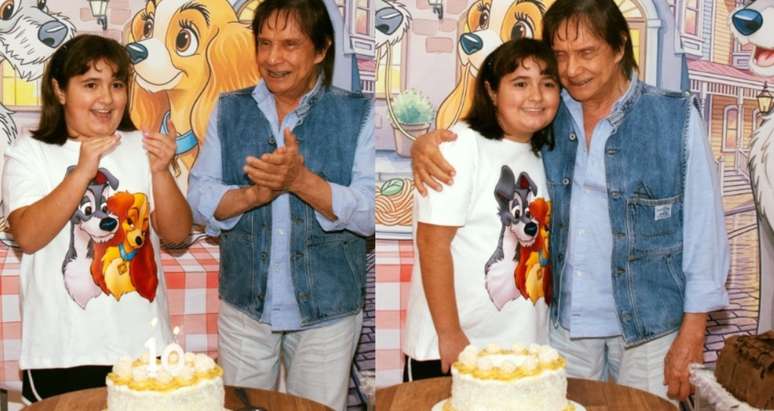The renovated favela is located in front of the Expo Favela Innovation, across the Pinheiros River, in São Paulo
Summary
An indigenous family produces handicrafts; a woman runs the restaurant alone; an electronics technician survives by repairing cell phones; the barber, without open company, is grateful for the “divine gift”; The salt seller and his wife have managed to start the business, which operates in the Real Parque favela and beyond. None of them are at Expo Favela Innovation and not all of them are interested.
It is from the third floor of the World Trade Center, in São Paulo, that one can best see the Real Parque favela, directly opposite, on the other bank of the river, and the Pinheiros promenade.
On the top floor of the three occupied by Expo Favela Innovation, behind the snack counter, the glass wall allows you to observe the popular buildings of the Real Parque.
Expo Favela Innovation is “a business fair, whose exhibitors are entrepreneurs from the favela”. Visão do Corre then crossed the river and the Pinheiros promenade and learned about the entrepreneurial initiatives of the Real Parque.
The reality found is more complex, varied and contradictory than that of the companies presented at Expo Favela Innovation.
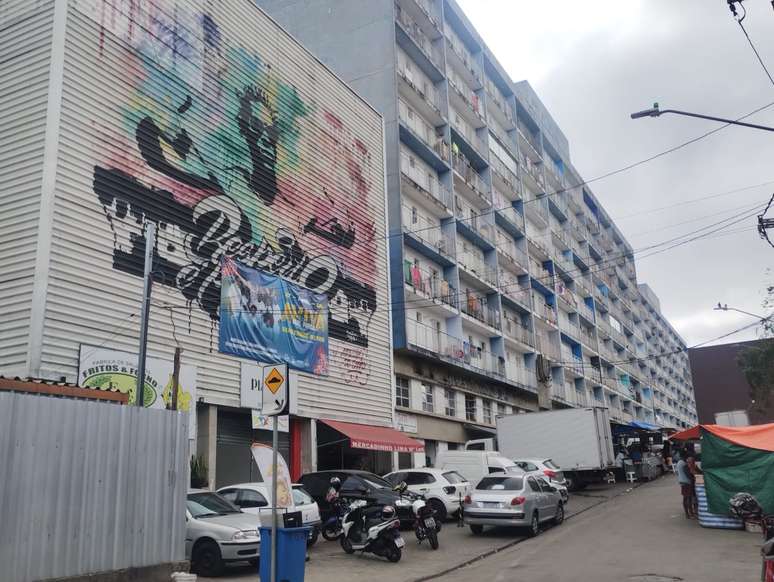
Entrepreneurship as survival
In a popular condominium in Real Parque, the family of Ivone Pankararu, an indigenous descendant from Pernambuco, makes necklaces, earrings and bracelets. She, her husband, her son, her sister and her niece produce and sell. They attend fairs, schools and events.
The family’s livelihood comes from handicrafts, supplemented by other jobs. Ivone’s son is an administrative assistant; her sister is a cleaner; her husband is unemployed.
Even though I was registered as a Microentrepreneur Individual (MEI), “I ended up in a mess. I paid the debt in installments, I’m paying it, I have to re-invoice,” says Ivone.
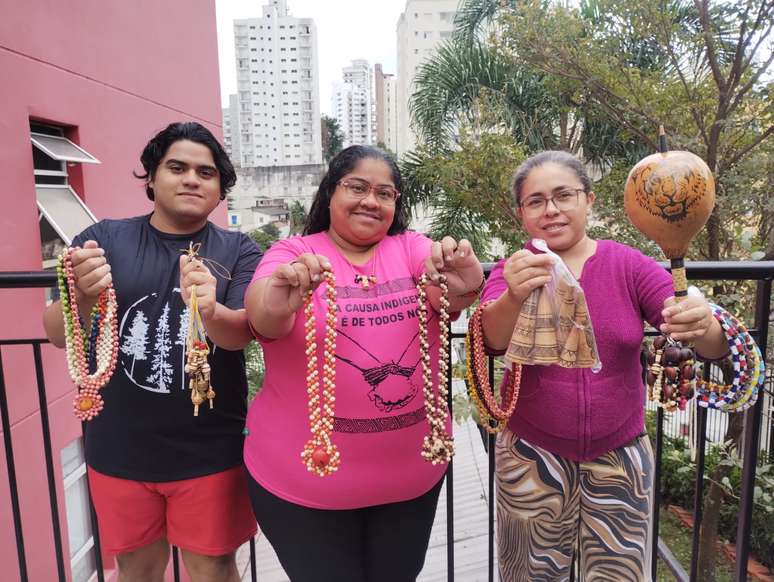
She started registering for Expo Favela Innovation, but missed the deadline. “I didn’t even know I could sign up. There was no time to make the video.” She’s been working with crafts for a decade, but she’s still unsure if she’ll ever be able to attend the event, which takes place across the Pinheiros River.
“I see people there who are very advanced, they are not like us. So, if I applied, I don’t think I would approve it. They want to show a reality that is not ours,” says Ivone Pankararu.
“I opened here with four hundred reais,” says the barber
Rua Paulo Bourroul is the commercial center of Real Parque. Several doors lead to greengrocers, grocery stores, liquor stores, beauty salons and barber shops, like the one owned by Ednaldo Antônio da Silva, 50.
He came from Pernambuco and always cut hair. “I started at 17, I was born with a gift for running.” He opened the barbershop three years ago, worked every day, now he has Sundays off. “I lost a girlfriend because of this.”
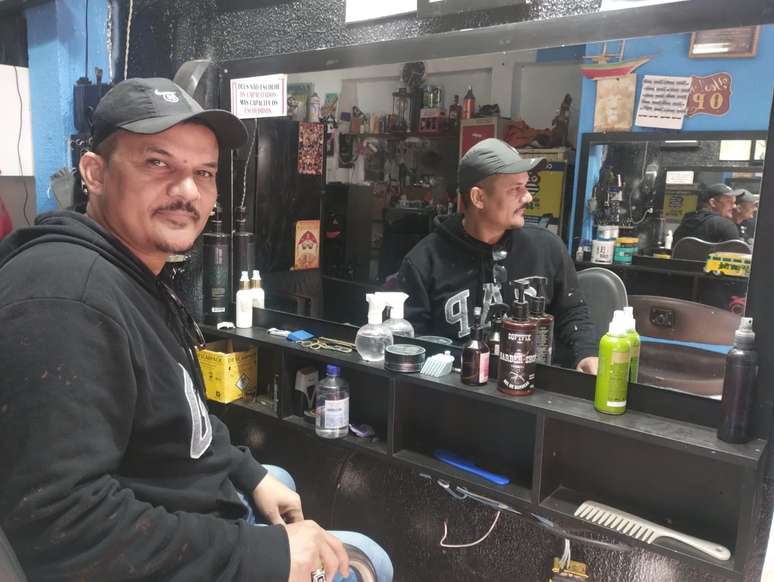
He receives payments through machines and PIX, but does not have an open company. “I have nothing, it is separate. But thank God, I do not go a day without working. I earn my living here. He would like to have bureaucratic support, access to financing, “it would be very nice, who does not want to grow?”
About Expo Favela Innovation: “I’ve never heard of it, I don’t even know what it is.”
The restaurant owner works alone
Josefa Francisca da Silva, 63, does everything in her small restaurant, with four tables, which has existed for ten years. “I work alone, with an employee it’s more work.”
Bureaucratically, his business is a little more organized than that of the indigenous family of artisan producers and the barber. Jô has an accountant and provides invoices.
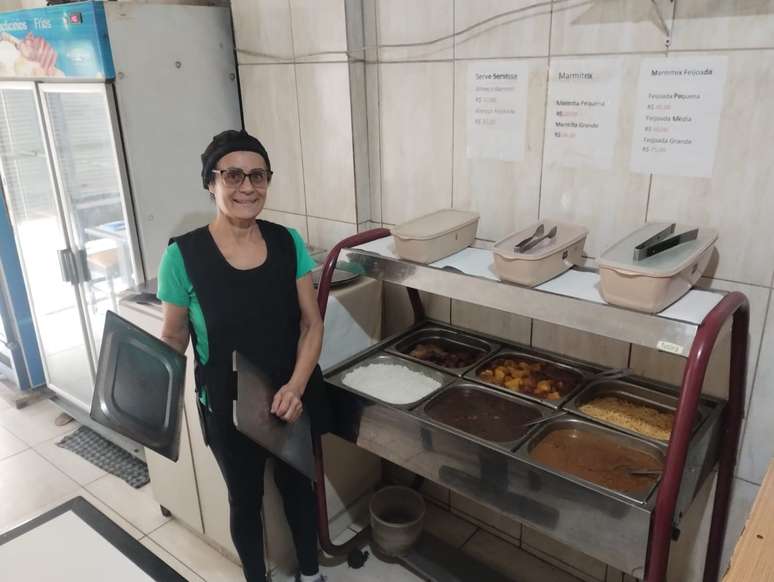
She doesn’t know where Expo Favela Innovation is. “I’ve never been.” She’s also not interested in concepts like “entrepreneurship.” “I don’t even know what that is. Is it good? What I always say is: never give up. Try, go and do it.
Jô’s life is divided between the restaurant and his granddaughter, whom he raises after his daughter’s death from cancer. He doesn’t know if he’ll be able to retire, but he intends to work “until God gives him the strength.”
“It is visible to the English,” says the technician
Before the journalist finishes introducing himself, David dos Santos says: “Expo Favela doesn’t interest me. People who are entrepreneurs hardly have time. I see that it is a very media event. Those who give interviews seem to be hand-selected. It has nothing to do with the favela, it is the boy of the community,” he summarizes.
He doesn’t have time to give an interview, he has to go pick up his daughter. Before leaving he says that the shop has been running for twenty years. It once had 16 video game machines, but today almost all of its income comes from cell phone maintenance.
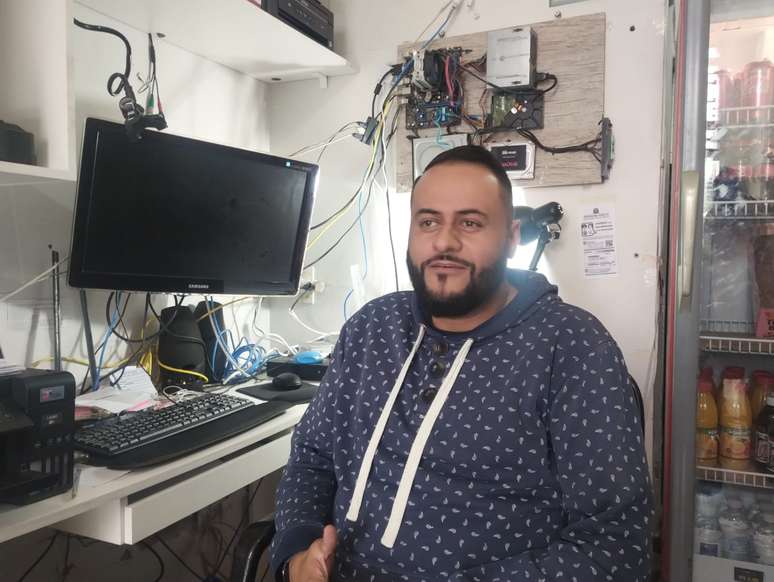
The entrepreneur has no time, others do not even want to talk to the press, such as the owner of a party supplies shop, the owner of a butcher’s shop, the market vendor and two hairdressers and manicurists.
They are disconnected from the media in a commercial sense. Your business world is on the street, day to day, in contact with customers, often selling today to support yourself tomorrow. But with the Sérgio snack machine it is different.
“This is a company,” says a successful snack maker
In Real Parque, a rehabilitated favela, there are businesses that have gone beyond the community limits. This is the case of the Fábrica de Salgados Fritos e Forno, owned by a couple from Ceará, Carlos Sérgio de Souza Machado and Irisvânia Maria de Oliveira Souza.
“I’ve already been through MEI, ME, this is a company. I had seven employees. Today, today, I’m going to make two thousand snacks,” says Sérgio. He sells coxinhas, esfiha, cheese balls, among others. He serves at the counter, to order, on apps, and posts photos online.
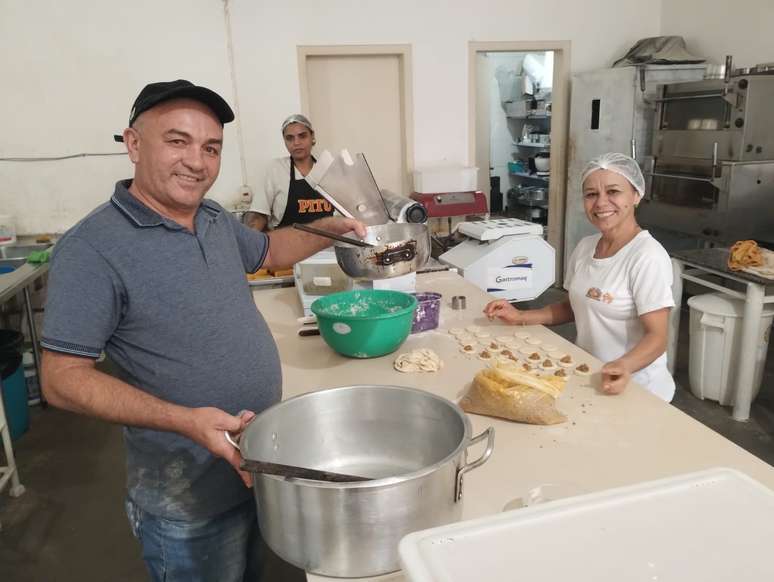
At the door, a Celtic company. “It’s the battle tank,” jokes Sérgio. The couple arrived in São Paulo “with face and courage,” and still has the handleless frying pan with which they started their business.
“I am no longer an entrepreneur, I do not start, I am a businessman”. His wife, moved, agrees. They have five machines for the production of savory products, two industrial ovens, in addition to other professional tools and equipment.
Sérgio tried twice to register for Expo Favela Innovation. He doesn’t know why it didn’t work. “They never sent anyone here, they never came to visit me. I love these activities, I want to participate, I sent the documents, but I was never called.”
Source: Terra
Rose James is a Gossipify movie and series reviewer known for her in-depth analysis and unique perspective on the latest releases. With a background in film studies, she provides engaging and informative reviews, and keeps readers up to date with industry trends and emerging talents.

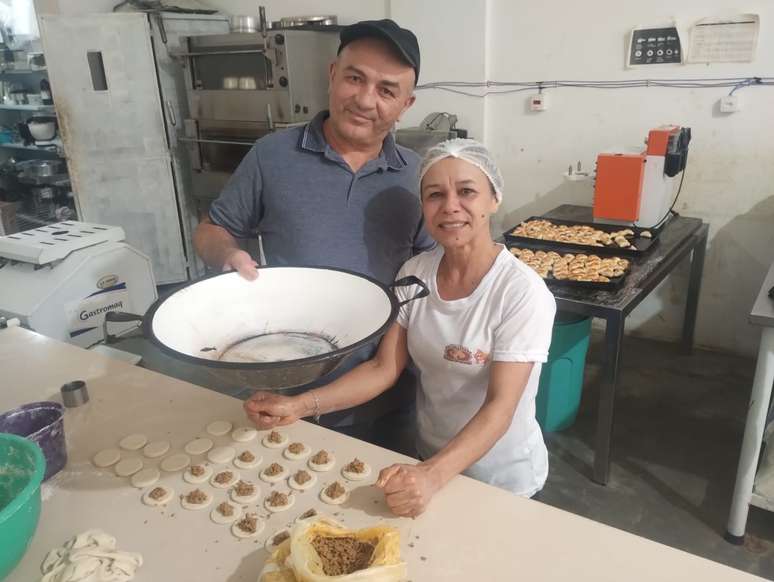
![Un Si Grand Soleil Preview: Eliot Between Life and Death!… What’s in store for the week of October 20-24, 2025 [SPOILERS] Un Si Grand Soleil Preview: Eliot Between Life and Death!… What’s in store for the week of October 20-24, 2025 [SPOILERS]](https://fr.web.img4.acsta.net/img/f1/c4/f1c410b63f2bfb1cd2353db8bf7e9d58.jpg)
